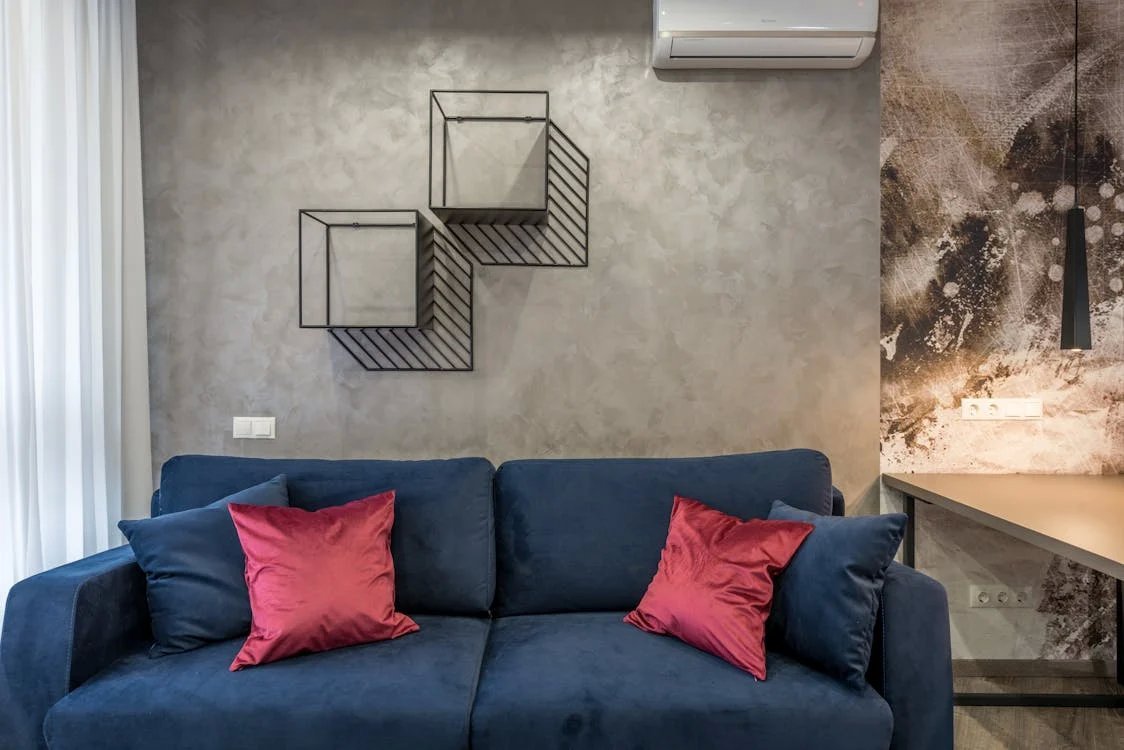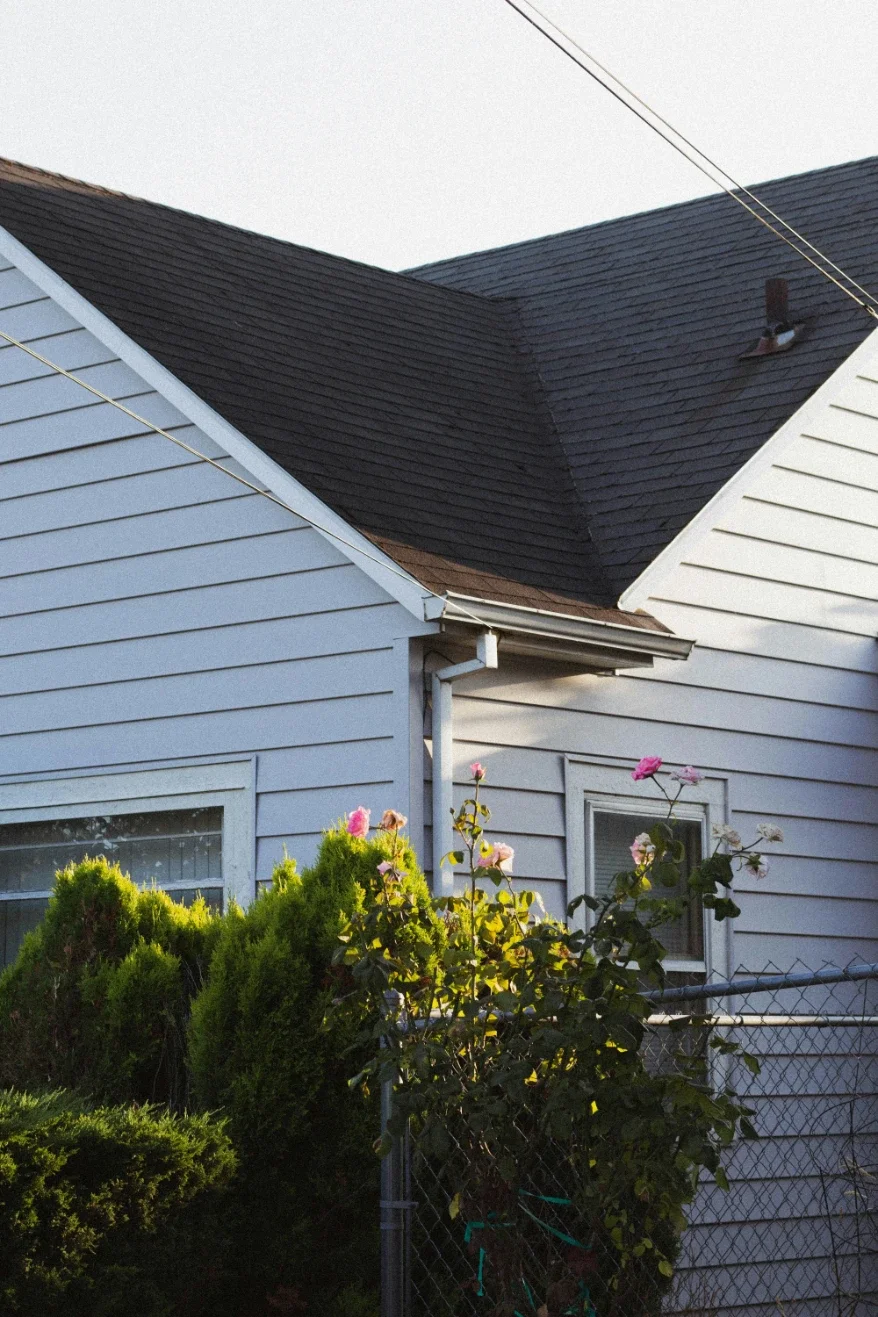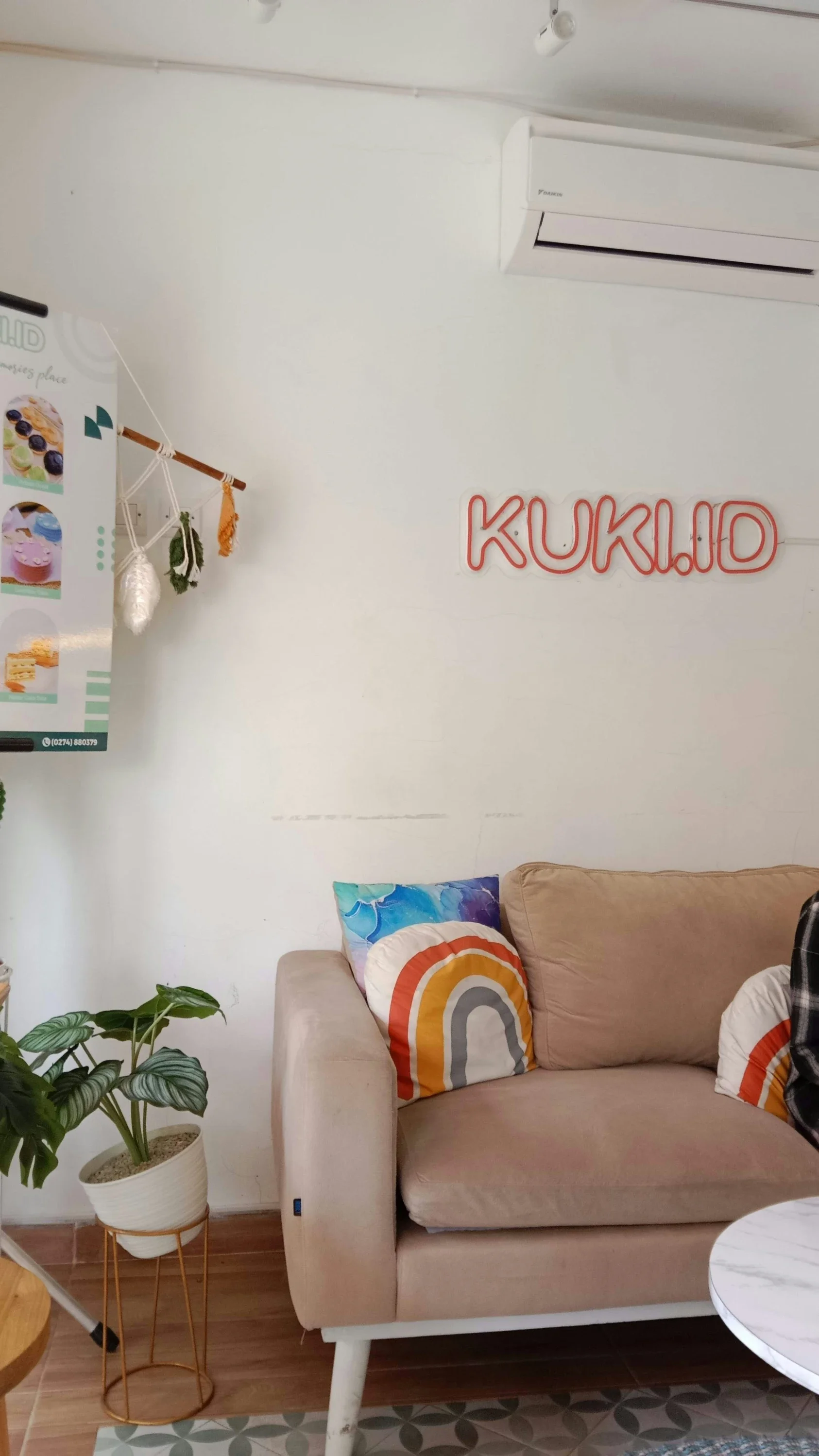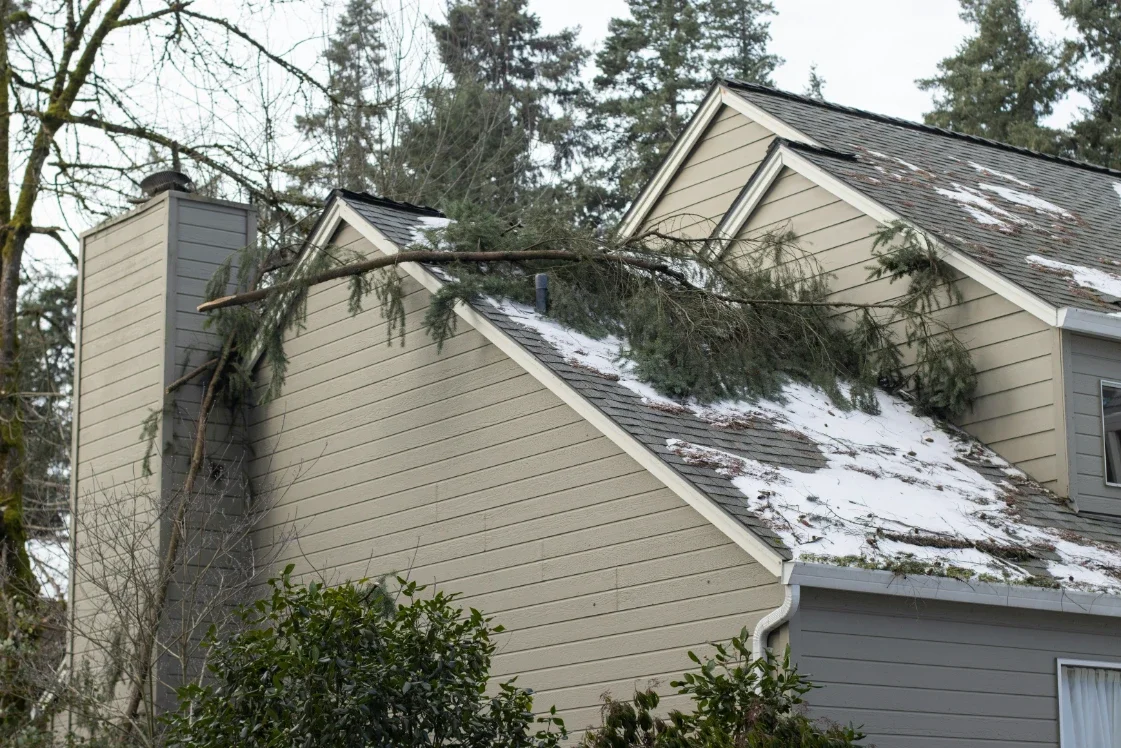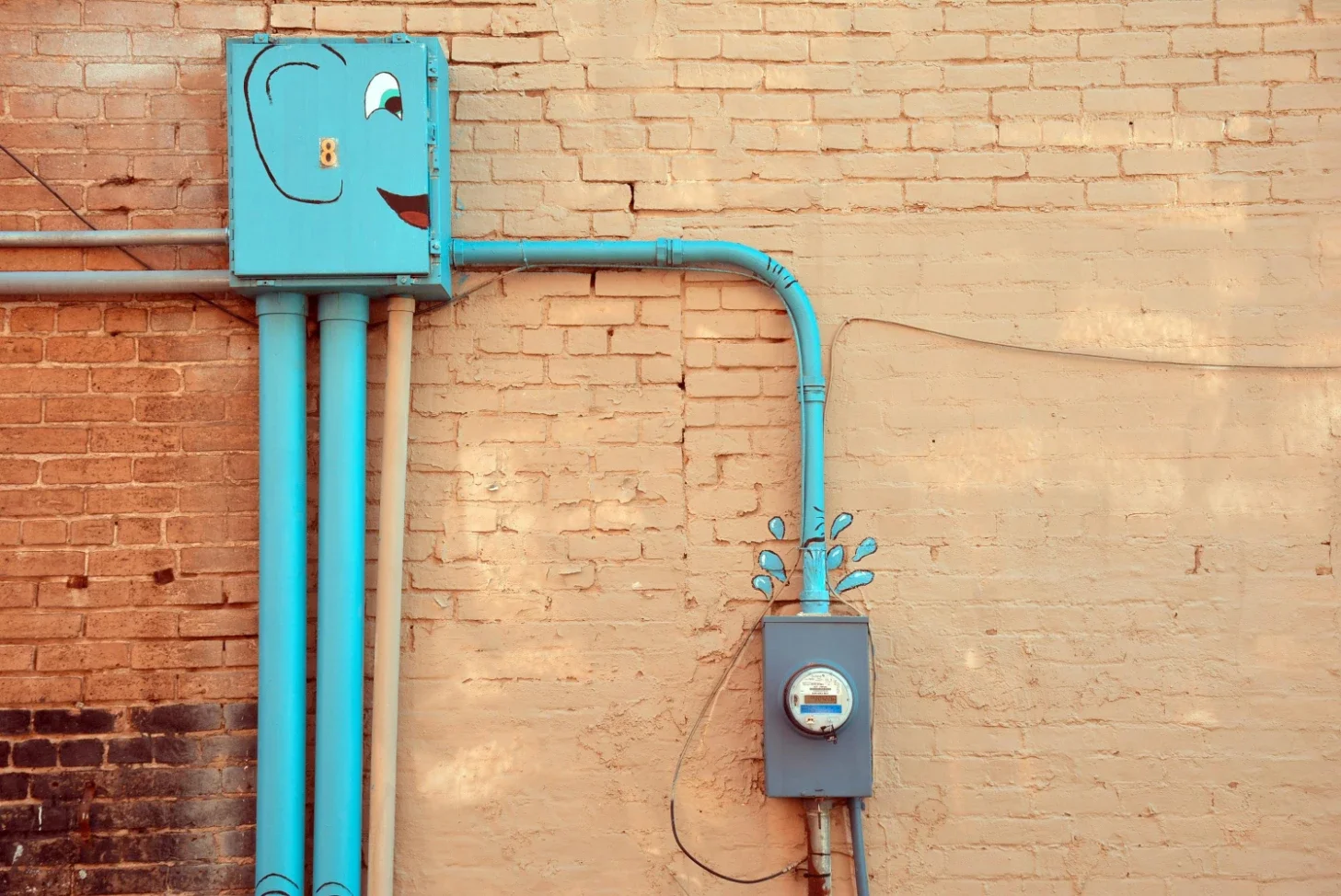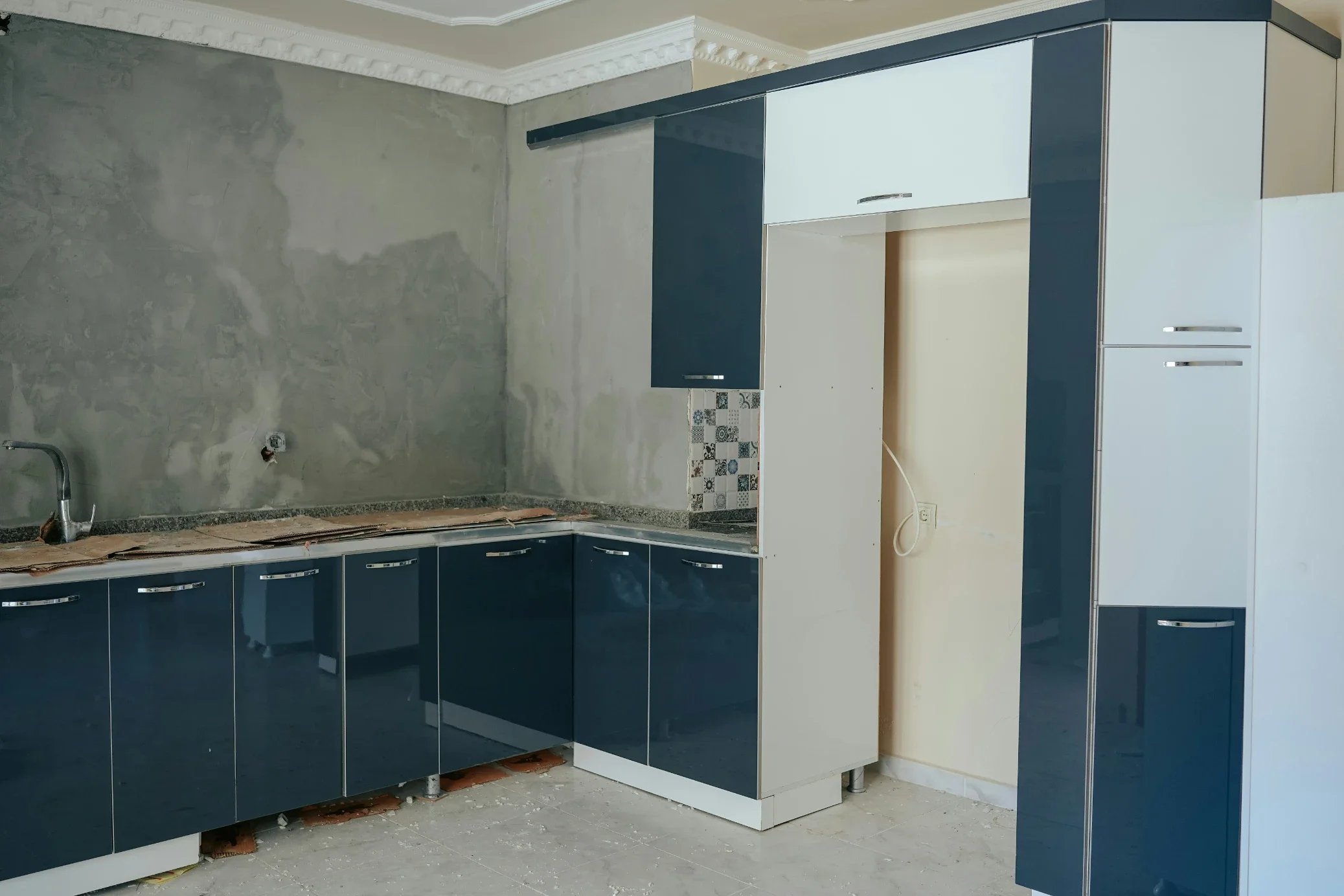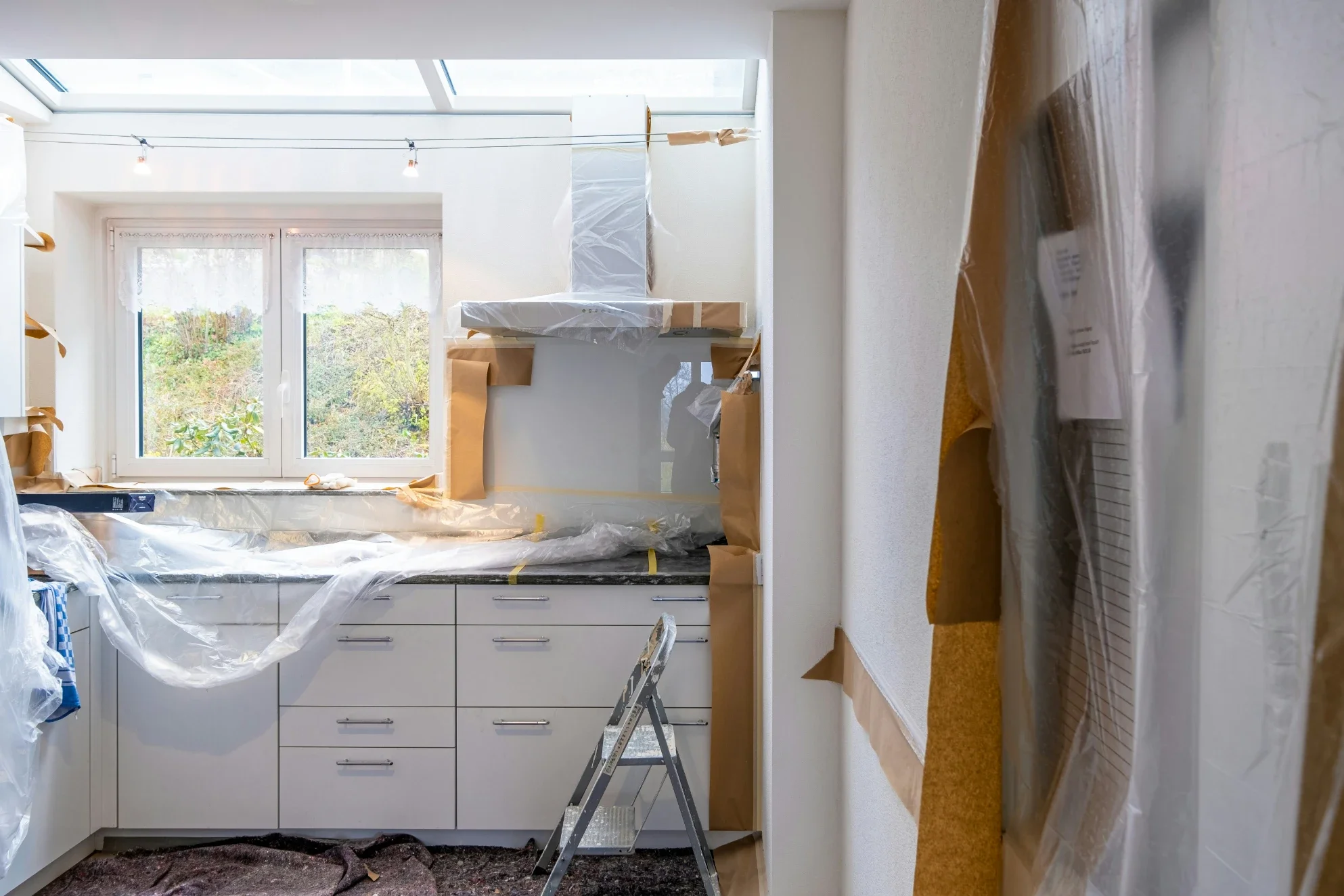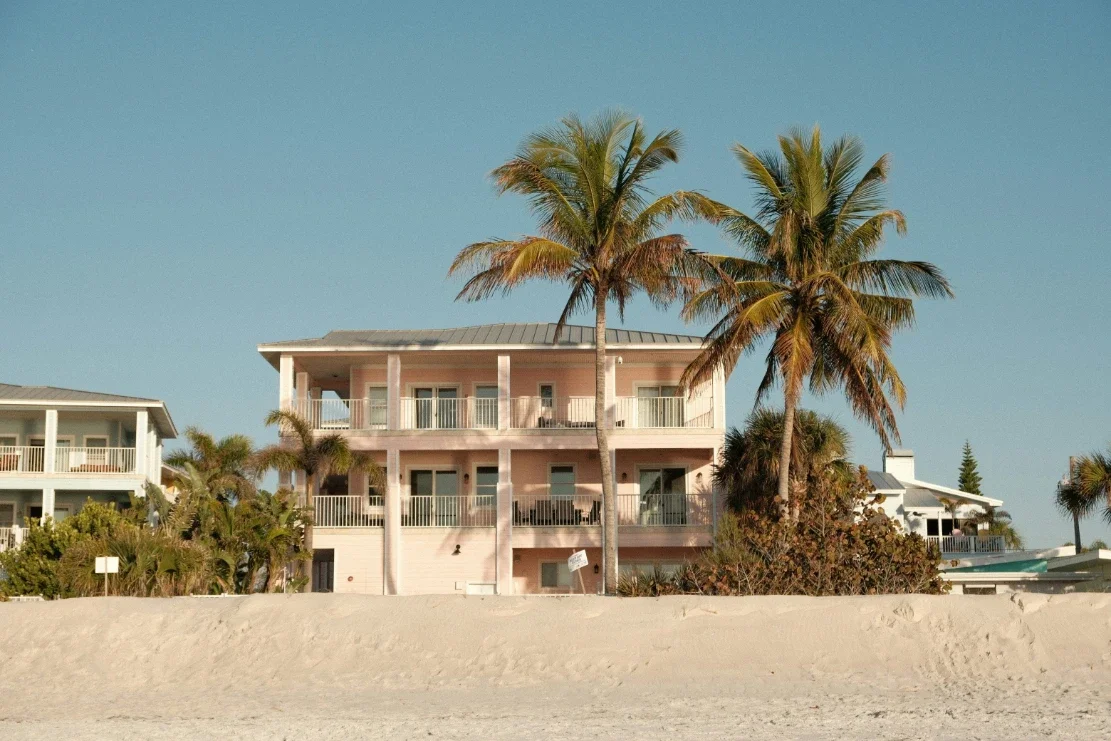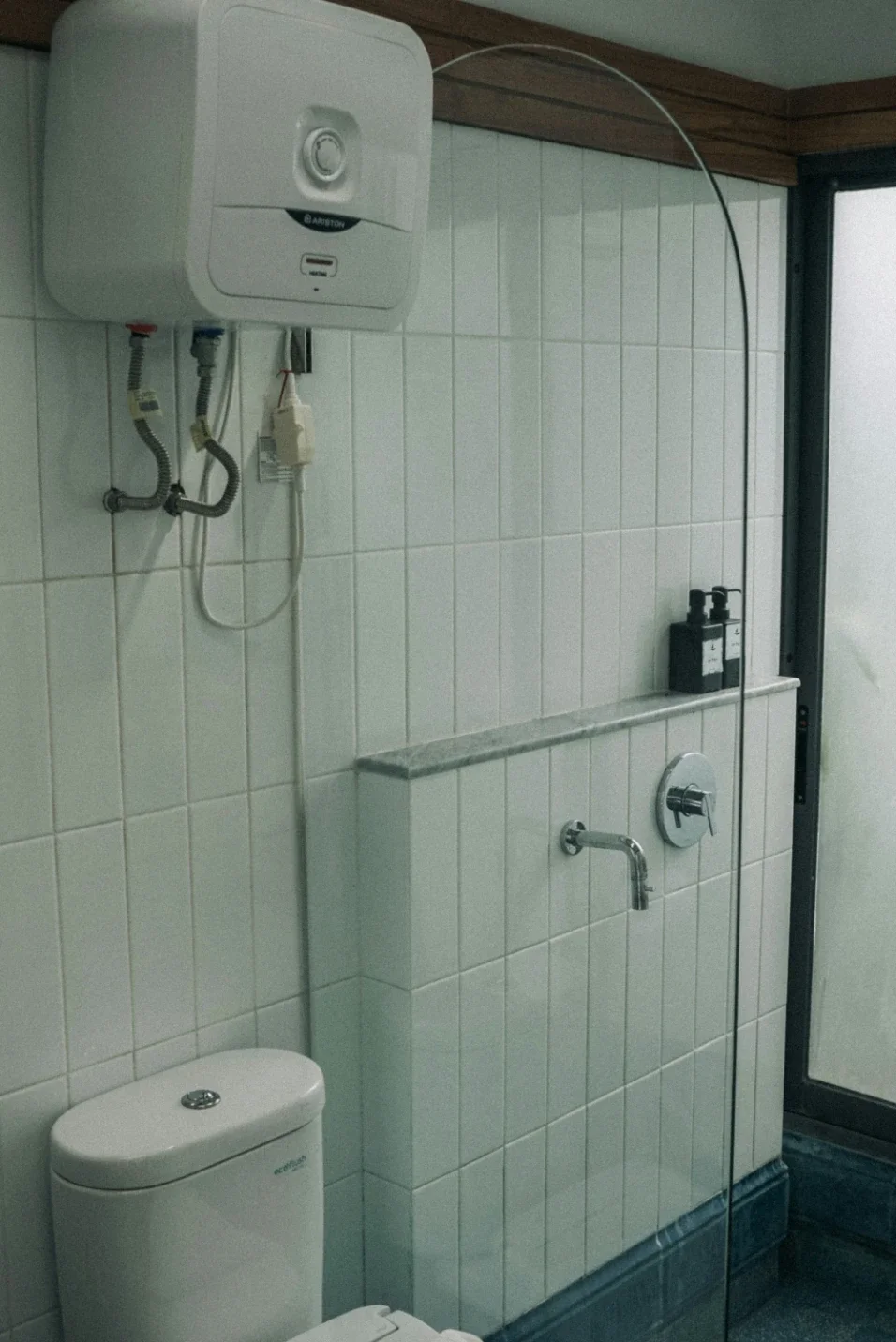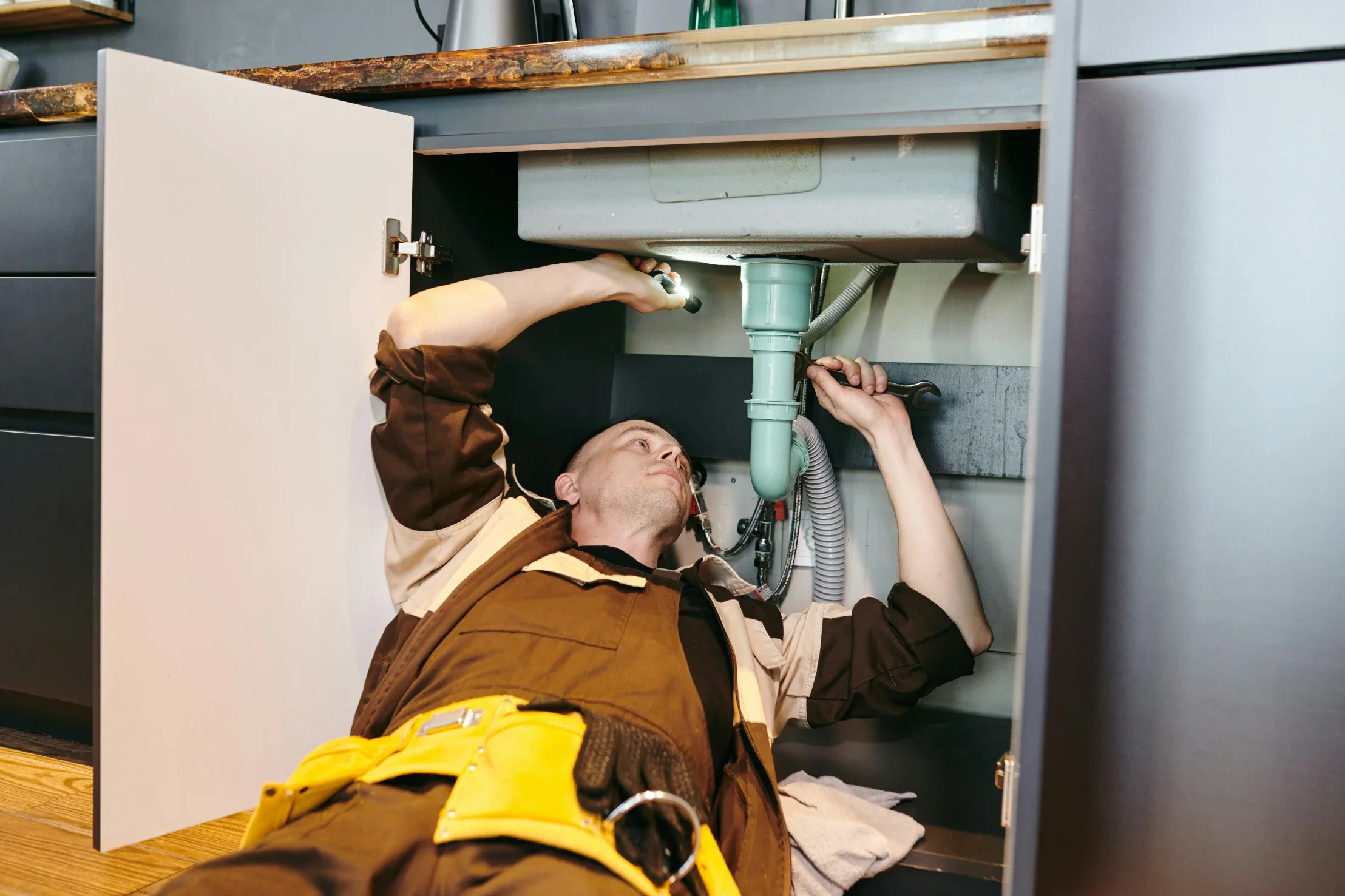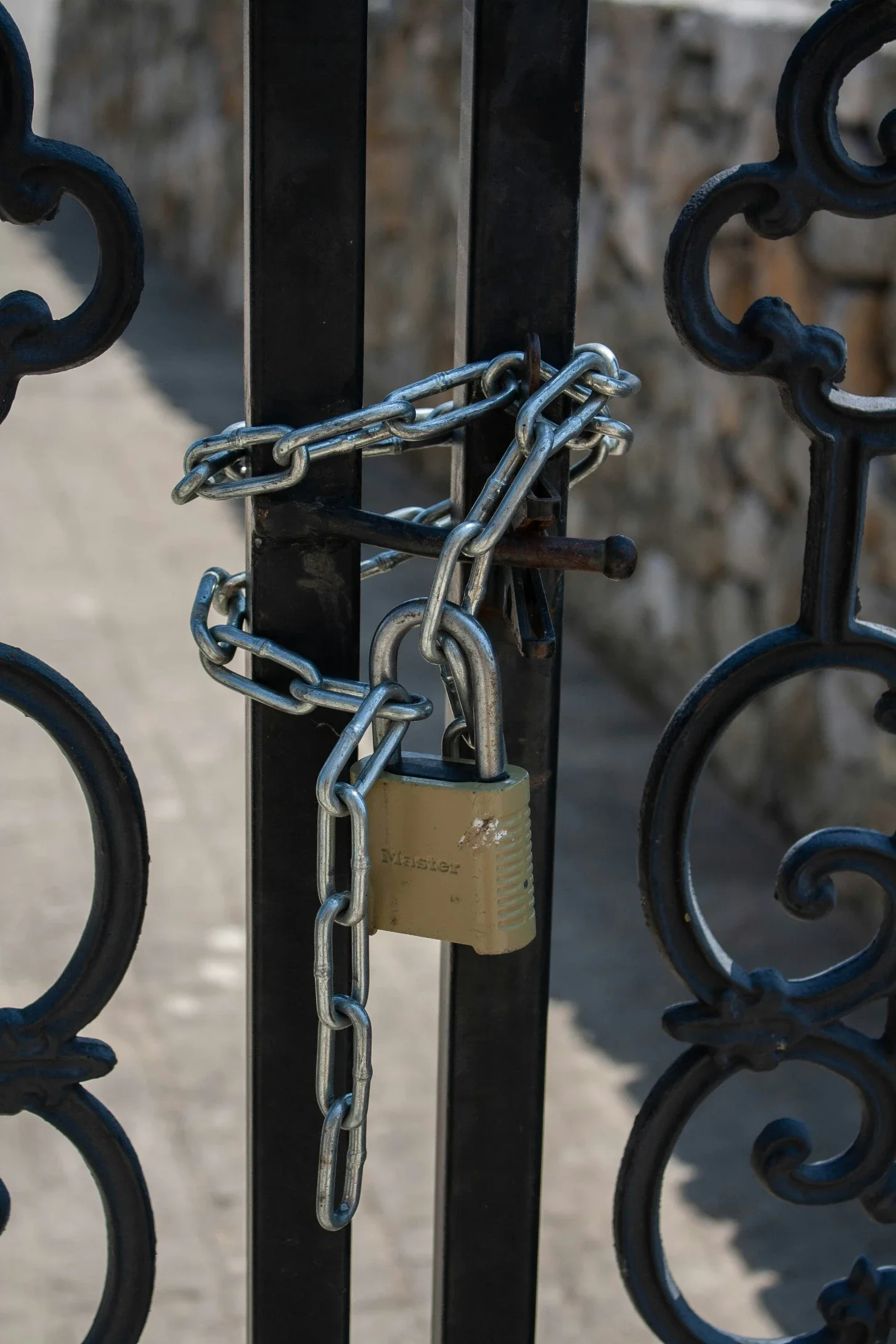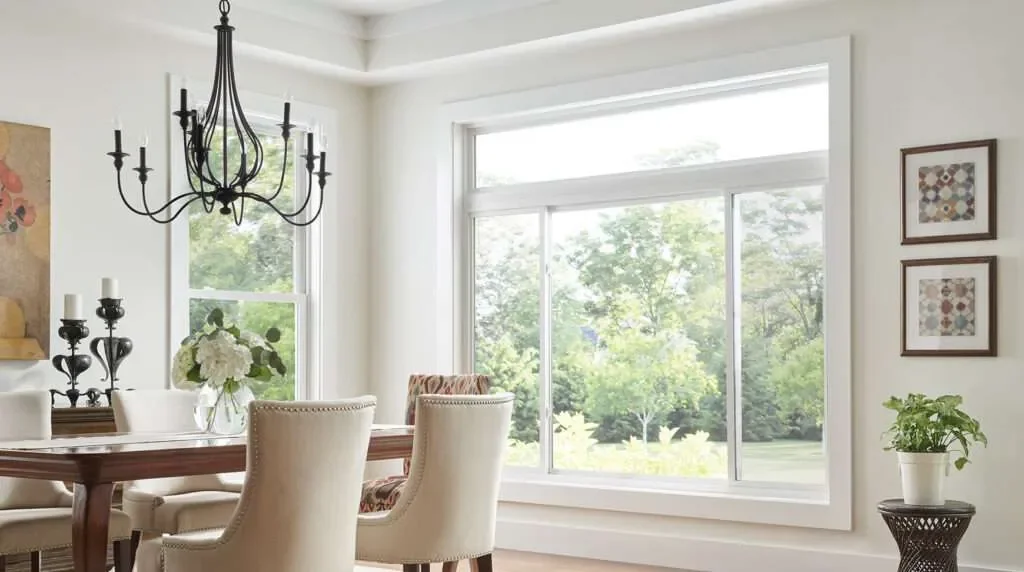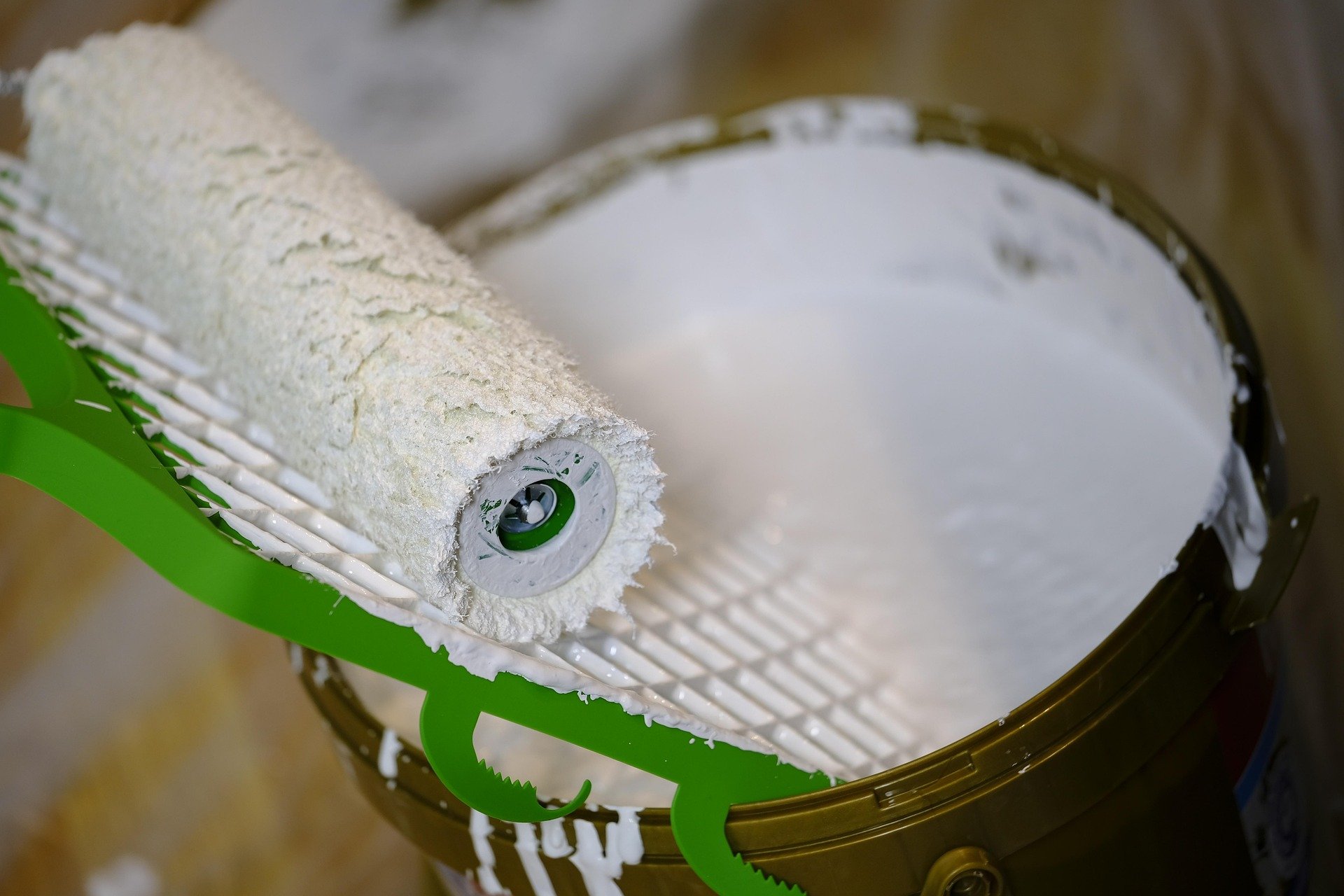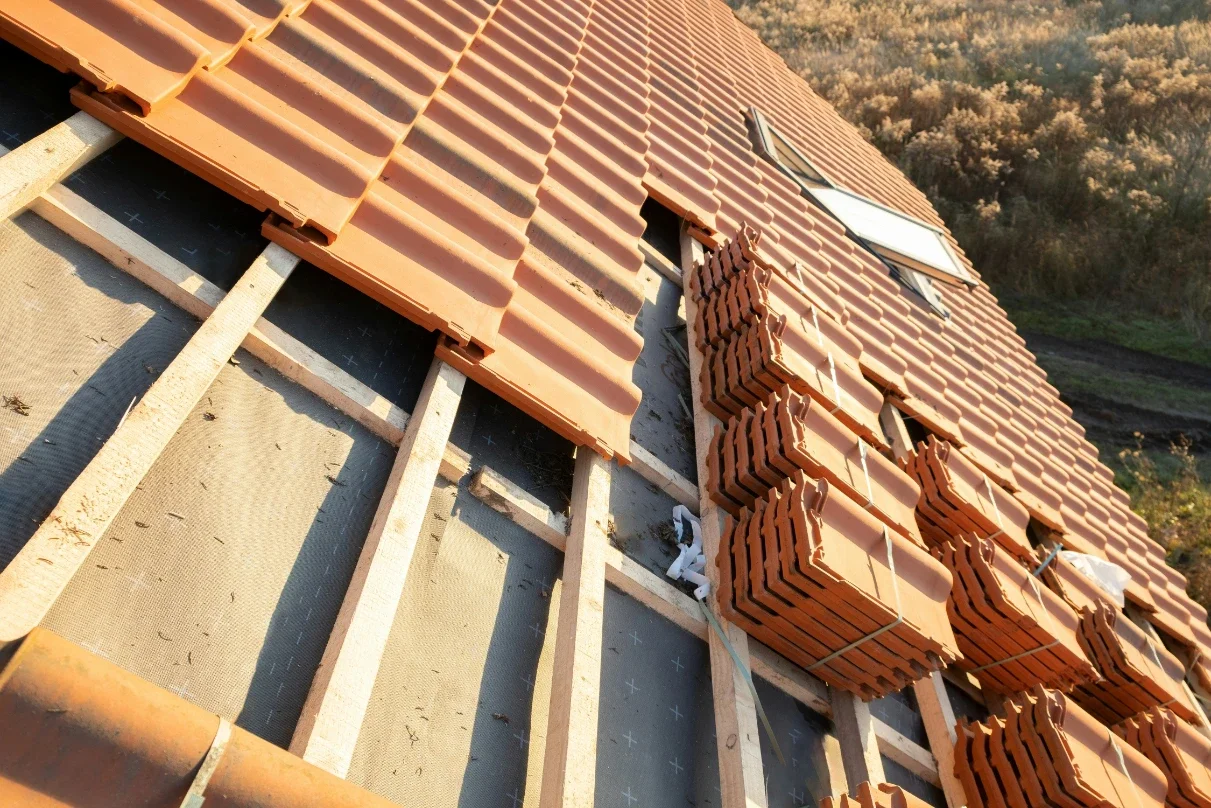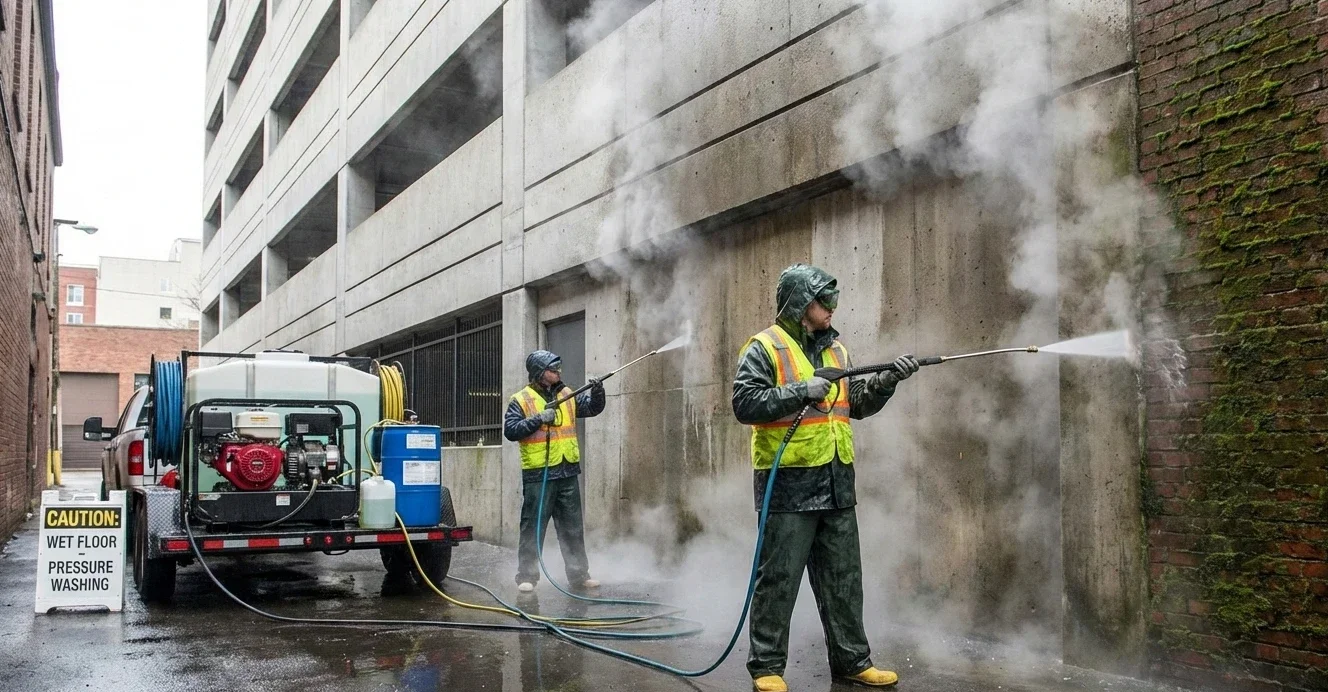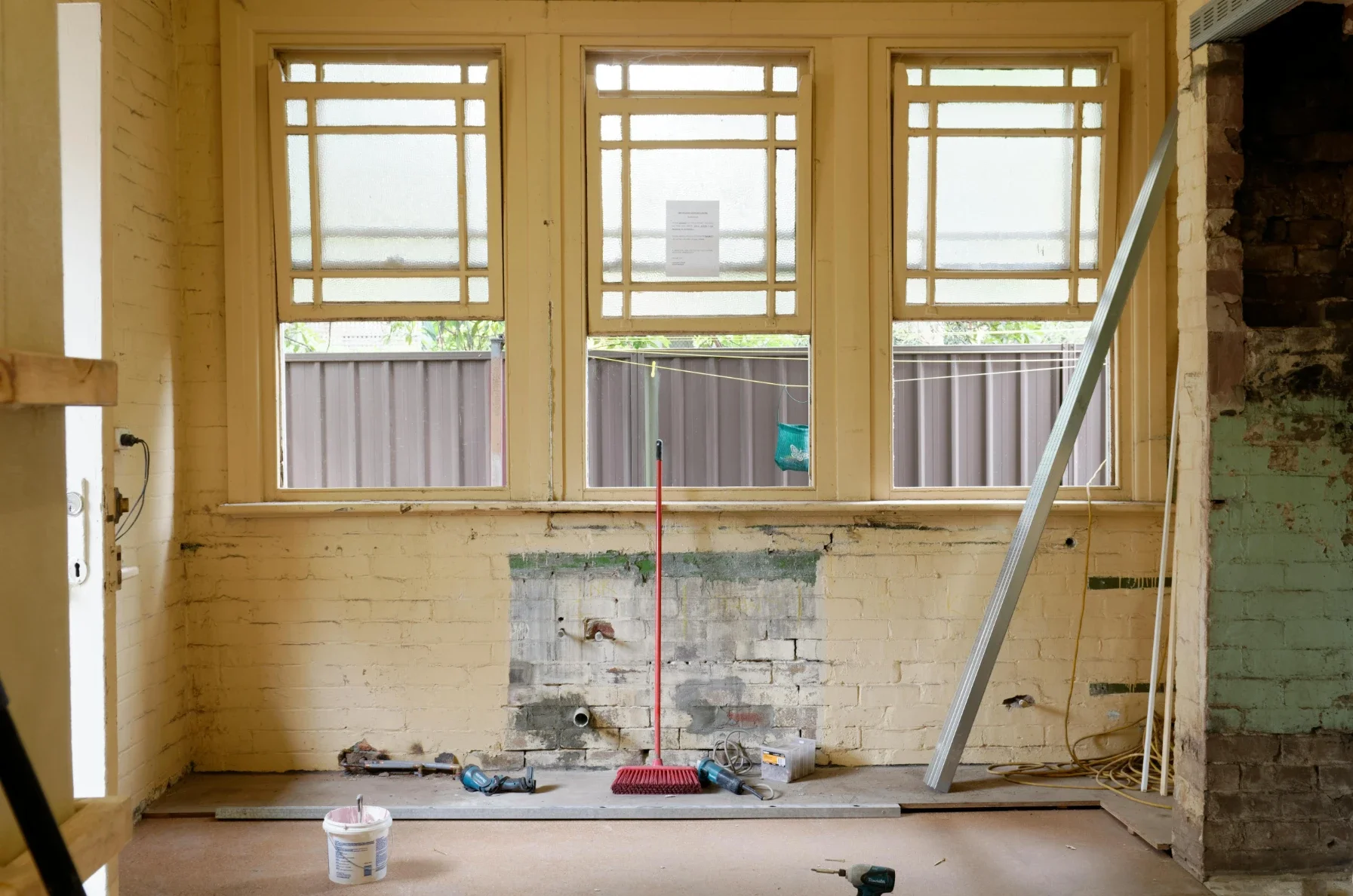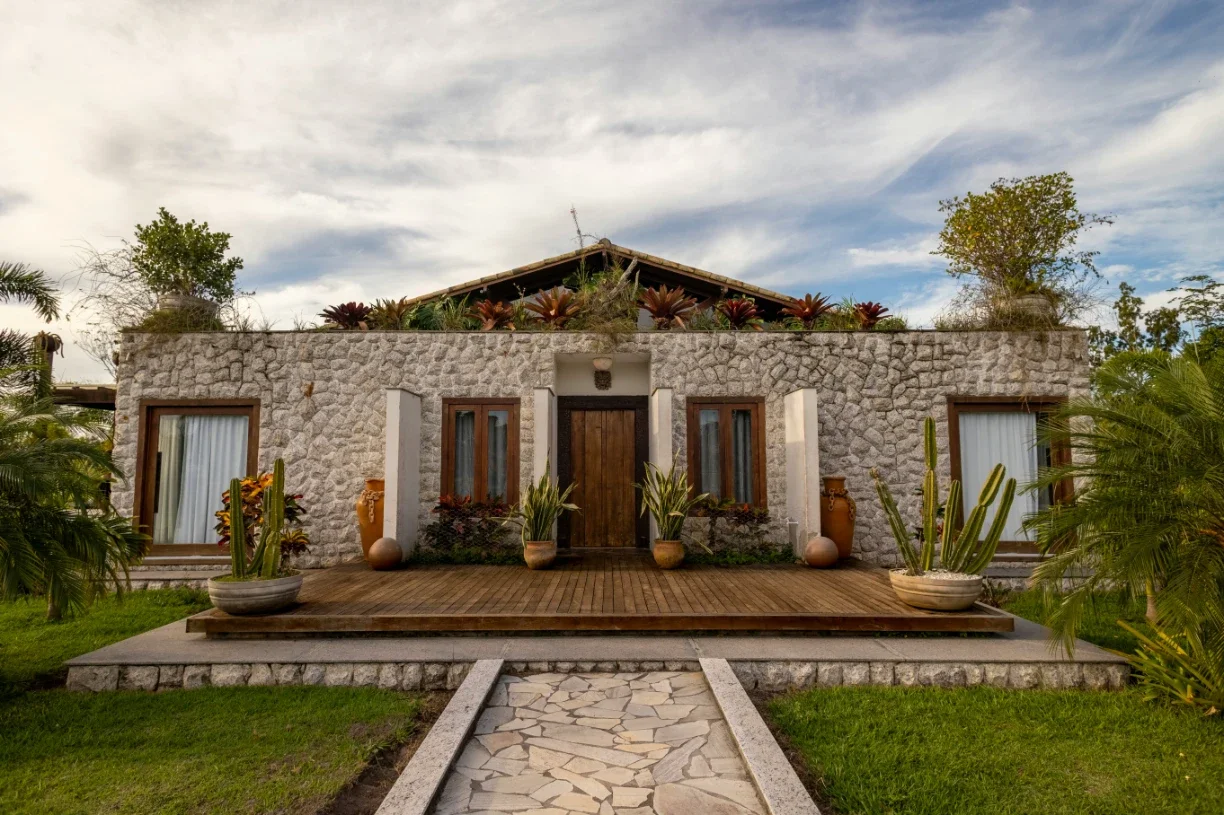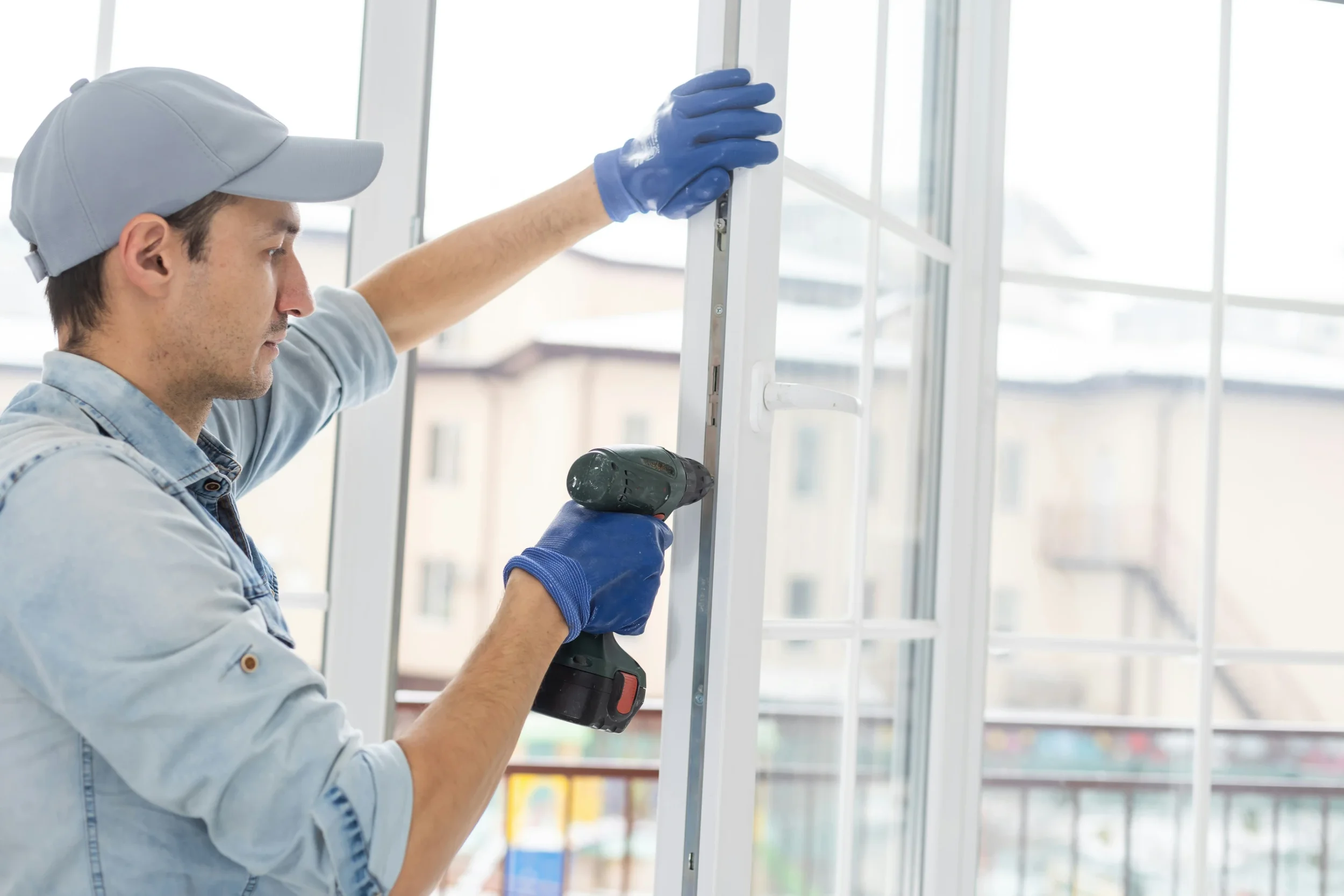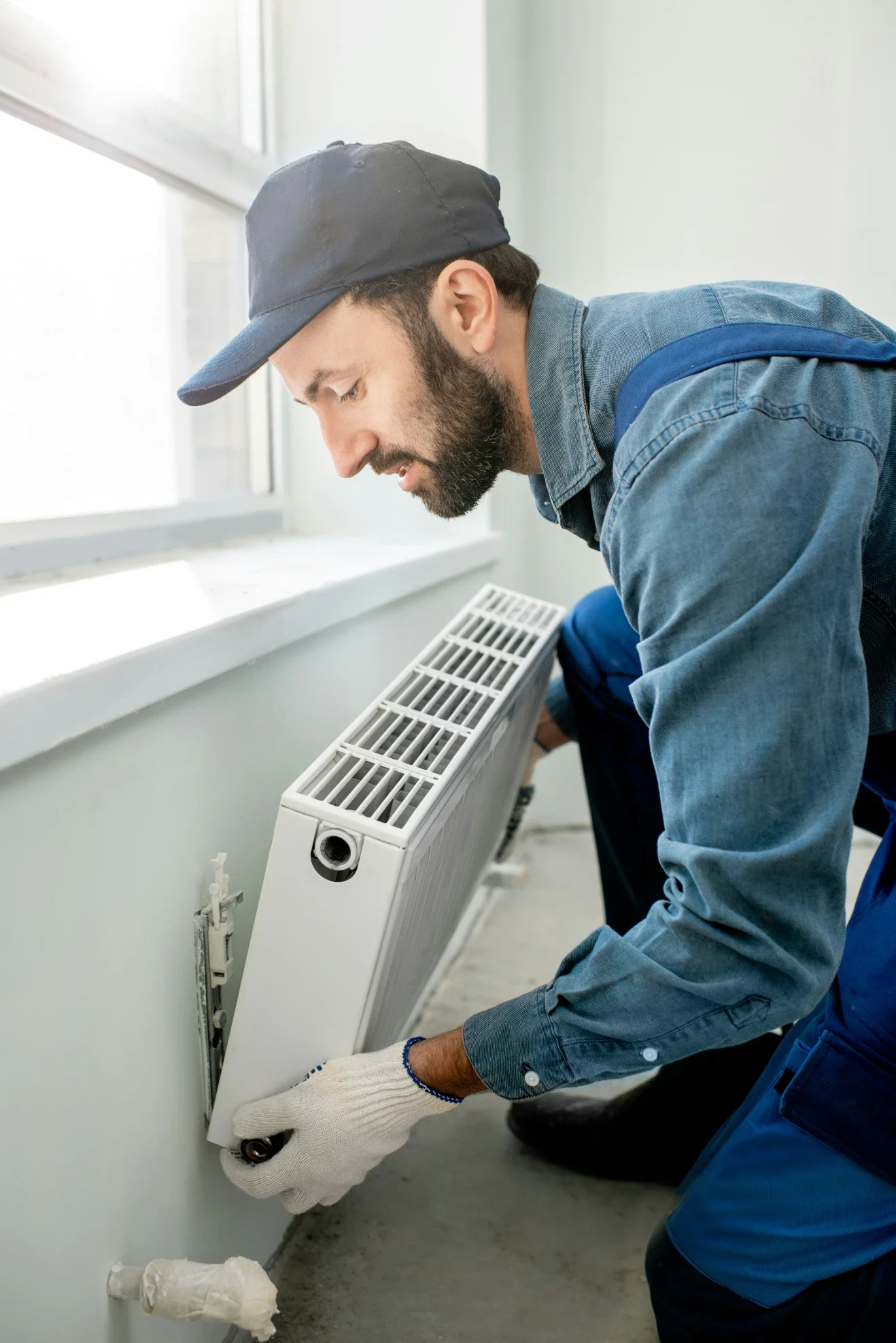Average 2024 Rates for Different HVAC Services
Discover the average 2024 rates for various HVAC services, from installation to maintenance and repairs, to help you plan and budget effectively for your home comfort needs.
Heating, ventilation, and air conditioning (HVAC) systems are essential for maintaining a comfortable living environment. But when it comes to servicing these systems, the costs can feel anything but comfortable.
This guide will break down the average rates for different HVAC services, helping you budget for repairs, maintenance, and even installations. We'll cover everything from routine tune-ups to emergency repairs, factoring in variables that can affect the final price tag.
Factors Influencing Pricing
The pricing of HVAC services is affected by numerous factors, each contributing to the overall cost of maintenance, repairs, or installations. Firstly, geographic location plays a significant role in pricing disparities. This is because market demand, cost of living, and regional regulations vary widely across different areas.
Rellaire Smart Home Systems notes that technician experience and expertise also impact pricing. Experienced professionals frequently command higher rates for their services because of their advanced skills and knowledge.
The choice of equipment brands can significantly affect pricing. Premium brands typically command higher costs for the equipment itself and associated services. Additionally, the complexity of the job plays a crucial role in determining pricing. Tasks requiring specialized skills, extensive labor, or advanced equipment may incur higher service fees.
Other factors influencing service pricing include the time of year and the availability of parts and materials. Furthermore, the reputation and reliability of the service provider can influence pricing. Established companies with a track record of quality service may charge premiums for their expertise and reliability.
Consumers can obtain an estimate of the cost before hiring a service provider. Online platforms like rellaire.com offer estimates for required services, enabling consumers to make well-informed decisions regarding their HVAC needs. Getting an estimate ensures transparency and allows consumers to budget appropriately and compare different service providers for the best value.
HVAC Service Categories
Understanding the different categories of services is essential for determining the associated costs. Here are the primary categories:
1. Standard HVAC Maintenance
Regular maintenance is essential for the running of a healthy HVAC system. According to The Spruce, annual checkups are crucial to ensure peak performance, safety, and ultimately, avoid costly replacements.
This preventative care typically includes tasks like coil cleaning, filter changes, and refrigerant level checks. The average cost for such a standard maintenance visit falls within the range of $95 to $290, with a national average of $195.
For budget-conscious homeowners, annual maintenance plans can offer additional savings. These plans, averaging $290 per year, often bundle multiple maintenance visits at a discounted rate. The cost can vary depending on the service provider and the plan's specifics.
Bear in mind that these figures depict national averages, with hourly labor rates ranging from $65 to $150. It's advisable to gather quotes from local companies to ascertain the most accurate pricing tailored to your specific requirements.
2. HVAC Repair Services
According to Money, Jack Erb, senior director of analytics at Thumbtack, notes that HVAC systems are among the most expensive components of American homes. When these systems malfunction, repairs can indeed incur significant costs.
Basic maintenance or minor repairs typically range from a few hundred dollars. However, more extensive repairs or part replacements can quickly escalate into thousands.
Common repairs include fixing leaks, replacing faulty components, and addressing airflow issues caused by clogged filters or ductwork obstructions. Regardless of the specific repair needed, Erb emphasizes that regular maintenance is crucial to mitigate the risk of costly breakdowns.
3. Installation of HVAC systems
Investing in a new system breathes new life into your home comfort. But navigating installation costs can feel like tackling a maze. While Forbes suggests an average cost of $10,000, the reality is a spectrum ranging from budget-friendly $5,000 options to high-end $15,000 installations. Understanding the factors influencing this range empowers you to make informed decisions.
The primary driver is your home's size. Larger houses require more powerful systems, translating to higher costs. Secondly, the type of system plays a role. Split systems, separating the air conditioner from the furnace, generally cost more than packaged units combining both functions.
Finally, complexity matters. Installing a new system in a pre-existing ductwork network is simpler and cheaper than creating entirely new ductwork.
Industry experts recommend budgeting $3 to $7 per square foot for installation. However, remember this is a starting point. Consulting local contractors for quotes will provide the most accurate estimate for your new HVAC oasis.
4. Emergency HVAC Services
The unfortunate reality is that problems don't always occur during business hours. For those times when your air conditioning fails during a scorching summer heatwave emergency services become a necessity. However, this immediate response comes at a premium.
Providers of emergency services generally impose substantially higher hourly labor rates compared to standard appointments. This increase reflects the additional expenses incurred by technicians being available outside regular operating hours. Anticipate paying anywhere from $150 to $275 per hour, contingent upon your location and the chosen service provider.
Although the initial cost may be elevated, emergency services can avert further damage to your system and ensure the continued comfort of your home. It's wise to inquire about after-hours rates upfront when selecting an HVAC company to minimize sticker shock during an emergency.
Cost-Saving Strategies for HVAC Services
For homeowners and businesses looking to save money on HVAC services, several strategies can help minimize expenses while maintaining system efficiency.
Firstly, scheduling regular maintenance is essential for preventing costly breakdowns and extending the lifespan of equipment. By conducting routine inspections, cleaning, and tune-ups, minor issues can be identified and addressed before they escalate into major repairs.
Investing in energy-efficient equipment can also lead to long-term cost savings by reducing energy consumption and utility bills. High-efficiency systems are designed to operate more efficiently, resulting in lower energy costs over time.
Considering financing options for significant installations or repairs can offer financial flexibility, spreading out the cost over manageable monthly payments. Numerous HVAC contractors provide financing plans or payment alternatives to accommodate various budgetary constraints.
Additionally, homeowners and businesses can take proactive steps to optimize HVAC performance. This includes sealing air leaks, improving insulation, and utilizing programmable thermostats to regulate temperature settings efficiently.
Lastly, seeking multiple quotes from reputable contractors and comparing prices can help ensure competitive pricing and avoid overpaying for services.
Frequently Asked Questions
What is the future of the HVAC system?
The future of HVAC systems lies in sustainability, customer-centric services, and smart technology integration. Industry focus on environmental preservation, coupled with innovative business models, promises a more efficient, eco-friendly experience for users.
What is the new HVAC technology in 2024?
In 2024, new HVAC technology sees a notable shift towards wider use of renewable energy sources for heating and cooling. Solar thermal and geothermal heat pumps have gained momentum. Solar thermal systems harness heat from the sun using solar collectors, providing hot air or water for efficient heating.
What is the average life of HVAC?
The average life of an HVAC system ranges from 15 to 25 years. However, it can vary significantly based on factors like system type and usage. Regular maintenance and proper care can extend the lifespan, while neglect or heavy usage may shorten it.
In conclusion, maintaining a comfortable indoor climate shouldn't come at the expense of your wallet. By understanding average service rates, the factors influencing those rates, and the cost-saving strategies available, you can navigate the world of HVAC services.
Don't hesitate to ask questions, compare quotes, and explore financing options to ensure you receive the best value for your service needs. With a little planning and proactive care, you can breathe easy knowing your home's comfort is assured, and your budget remains healthy.
